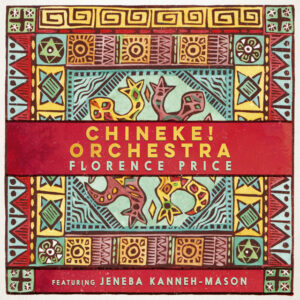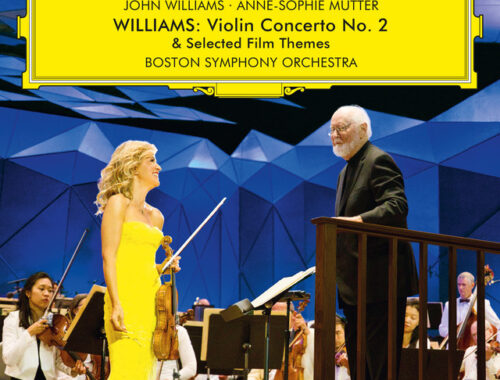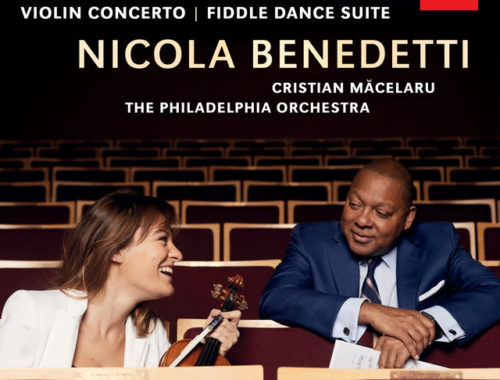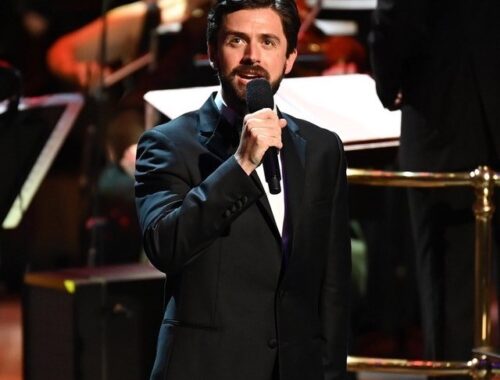GRAMOPHONE Review: Price Piano Concerto/Symphony No 1/Ethiopia’s Shadow in America – His Resignation and Faith – Kanneh-Mason, Chineke!/Suganandarajah/Cox
 It’s strange, but after decades of neglect the music of Florence Price seems uncannily familiar. The soulful themes with their American Deep South tinta, the trumpet-led brass chorales, the jazzy jubas – this is Price’s musical milieu and somehow or other I feel like I’ve known it – or perhaps more accurately the language of it – all my life. I’ve been waiting for Chineke! to join the party and celebrate what we have uncovered to date and they do so with vigour and a deep and abiding affection.
It’s strange, but after decades of neglect the music of Florence Price seems uncannily familiar. The soulful themes with their American Deep South tinta, the trumpet-led brass chorales, the jazzy jubas – this is Price’s musical milieu and somehow or other I feel like I’ve known it – or perhaps more accurately the language of it – all my life. I’ve been waiting for Chineke! to join the party and celebrate what we have uncovered to date and they do so with vigour and a deep and abiding affection.
Better yet, they bring us Jeneba Kanneh-Mason whose championing of the Price Piano Concerto has already travelled it far and wide. It makes a point of announcing that it’s in one movement but that’s wishful or wilful thinking for a piece of three distinct (and self-contained) paragraphs. But the solo trumpet which announces its arrival (bringing with it all its connotations of New World jazz, open space and solitude) takes a bow to the soloist and steps aside for her entrance. It’s like the cadenza has arrived without knowledge of the exposition; a reprise before hearing the song. It is grandiose and urgent.
The tone is deeply romantic – ok, European – but the tunes and their journey forth is all Price. These are the tunes of her life experience and in the slow movement she happens upon an especially beauteous one and generously wraps it in tender harmonies and even a hint or two of Gershwinesque bluesyness.
As I pointed out with the arrival of Yannick Nézet-Séguin’s Philadelphia disc of the first and third symphonies (the second was lost, the fourth presumed lost but later found) the American pioneers (like Charles Ives) would sooner or later break free of their European masters, but Price – for all that the opening of her First Symphony sounds like an homage to that most famous of all New World adventurers Antonin Dvorak – is her own woman in tone and manner and the underlying ache of her tunes identify and celebrate them as Spiritual with a capital ’s’. The second subject group of this first movement basks in that soulfulness and I love that she gives the character-actors of the orchestra, like the bassoon, romantic roles. She’s full of other surprises too – like the sudden threat, the ominous darkening, as we emerge into the second half of the movement.
Chineke! are not the Philadelphia, that needs to be said, but they give this music the warmest of embraces and come the post-Mahlerian funeral procession of the slow movement conductor Roderick Cox leads his trumpet and tenor drum led brass chorale with gravitas and nobility. Another lovely Price touch is the use of profuse woodwind embellishment in the latter part of the movement where church bells are now audible and the Spiritual really rises to the occasion. She is the most generous of composers.
The postscript here is the second movement ‘His Resignation and Faith’ from Ethiopia’s Shadow in America whose solos for violin and cello point to the hurt within. Words no longer suffice.
You May Also Like

GRAMOPHONE Review: John Williams Violin Concerto No 2 & Various – Mutter, Boston Symphony Orchestra/Williams
20/07/2022
GRAMOPHONE Review: Marsalis Violin Concerto/Fiddle Dance Suite – Nicola Benedetti, Philadelphia Orchestra/Măcelaru
14/08/2019

